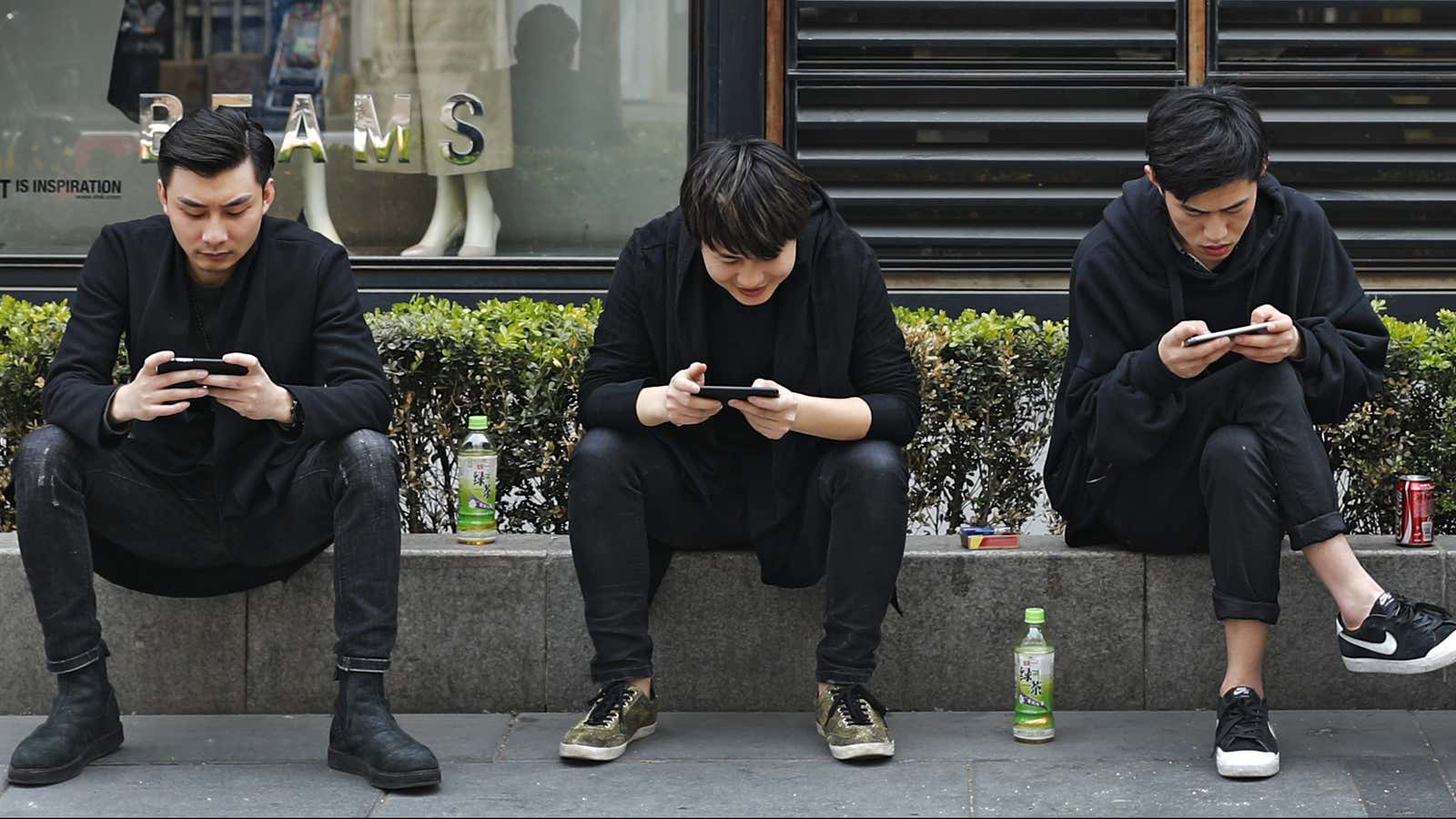Marshall McLuhan, the late Canadian philosopher and intellectual, is celebrated for predicting that digital media would tilt our communication toward a culture centered on interaction, a style closer to ancient storytelling than the silo-building printed word. Google, which honored him with a homepage Doodle this week, grounds its corporate rhetoric on the “global village” McLuhan famously envisioned.
As writer Nick Carr noted in The Guardian a decade ago, however, McLuhan was off by a little bit: The internet “encourages participation but it also sucks up our attention and dominates our senses.”
There’s another aspect McLuhan may not have anticipated. The medium, while global in reach, has come to be essentially controlled by businesses that use data and cognitive science to keep us spellbound and loyal based on our own tastes, fueling the relentless rise of hyper-personalization.
Google just rolled out a new news feed driven by your particular search history. Amazon had launched the Spark shopping tool, an Instagram-like mobile app that combines the company’s personalization algorithm with the power of social “likes.” Netflix, its stock soaring, uses a thumbs-up, thumbs-down feature to better match viewers to what they’ve enjoyed in the past, ensuring we’ll be unchallenged by the kind of movies we rarely watch—and undelighted by random discoveries.
On Twitter and Facebook, algorithms collect all the updates from the people you’re already talking to, fortifying social-filter bubbles. (Sorry, town-crier types, you’re probably still posting for the proverbial choir.)
Some critics argue that it’s time to reign in the code-making behind those filters. Alternatively, we might leave the internet giants free to experiment, and have faith that digital literacy will save us. We might be more curious and concerned about the experiences of others than we’ve acknowledged, and more than our tech masters would like.
For now, though, be prepared for one version of the future that each of us creates in our own image. Deep-learning powered services promise to become even better custom-content tailors, limiting what individuals and groups are exposed to even as the universe of products and sources of information expands. If only we happened to have Mr. McLuhan right here.
